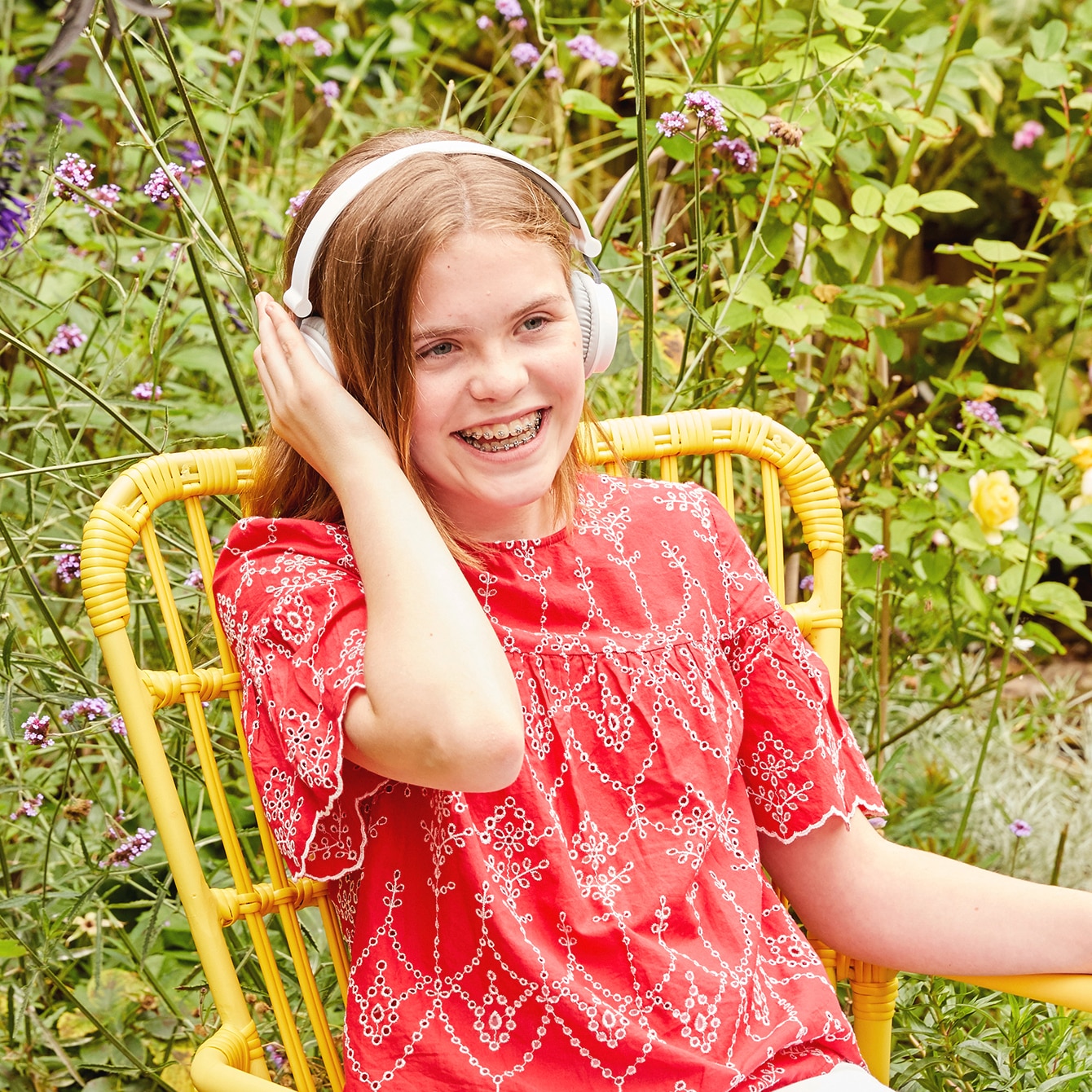Social media can be very positive, connecting us with friends and family, exposing us to new information and teaching us about diversity. But body shaming on social media is a huge problem. More than 20% of girls have experienced online bullying and 51% say they feel self-conscious about the way they look on video calls with friends and peers, according to the 2021 Girls’ Attitudes Survey. The majority (94%) of girls and young women aged 11-21 agree more should be done to protect young people from body image pressures online. So we’re trying to do just that: here’s a guide on ways to minimize the effects of body shaming on social media.








